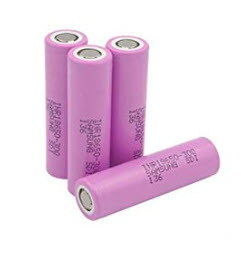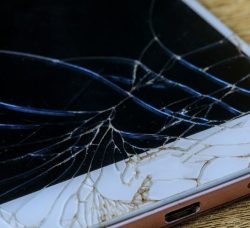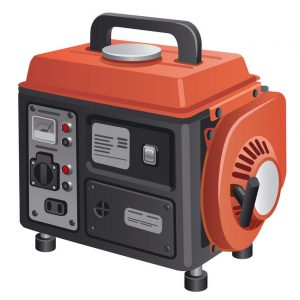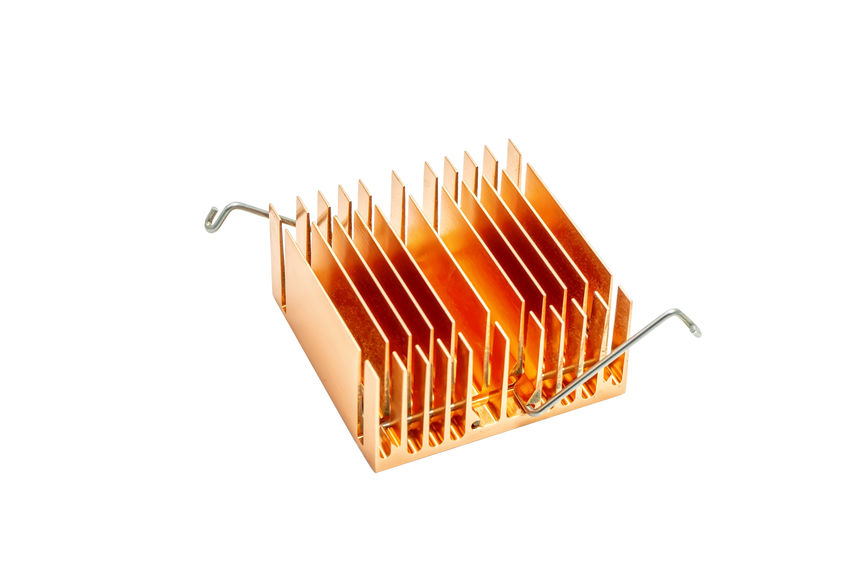(Answer requested by Gautam Naib) Because they did far less. Cellphones started as, well, phones. You used them to make voice calls or to exchange short-form (pager-style) texts. Period. With limited functions in intermittent use, the batteries on small-screen, low-power cellphones could and sometimes did last for days. But to do any of the myriad…
Category: A reader asks…
“Why are battery arrays often made with cylindrical batteries rather than square prisms so they could pack even better?”
The working guts of Li-ion batteries start as flat sheets. For many heavier-duty and general purpose applications, these sheets are rolled into cylinders because a cylindrical battery can be safer than a flat one: Stacked cylinders allow spaces between them, which can be used to keep hard-working batteries safely cool and responsive. Tesla autos circulate…
“My phone’s screen is broken. How can I get my data to my computer?”
(Answer requested by Gabriel Austria) Most Android phones use utterly-standard USB connections. Even if the phone’s screen is cracked or otherwise damaged, if you can still turn the phone on and log in (by any means — face, voice, fingerprint, pattern, password…), you usually can retrieve the phone’s user data via USB. Just plug the…
“How do I turn off the microphone on my Android?”
(Answer requested by Brandon Dotson) There’s no master “off” switch. But there an often-overlooked, semi-stand-alone applet within Android’s Settings that comes close: Permissions Manager. This is not the app-by-app Permissions settings you may have already seen and used in Settings/Apps. Android’s Permissions Manager sorts all your apps at once by permission-type, letting you see, at…
“Why is my Lenovo laptop shutting down after 5 to 10 minutes of working?”
(Answer requested by Chandrakant Godhani) Assuming the battery is charged and OK, or the laptop is plugged in to a known-good power supply, the most common cause of “PC runs for a while and then stops” is heat buildup: Some component is running hot, and the PC is shutting itself down to prevent permanent damage…
“Can I charge a laptop or smartphone on a generator?”
(Answer requested by Ayesha Fatima.) Almost surely, yes. Most good-quality generators of recent vintage produce electronically-stabilized, sine- or pseudo-sine wave AC power that’s usually fine for any purpose, up to the stated output limits of the generator. (Check the owner’s manual.) But cheap no-name generators, and many older units, may use mechanical voltage/speed governors, and/or…
“If a cable is ‘fast charging,’ does the power brick have to be ‘fast charging’ as well?”
(Answer requested by Chris Parson.) Absent proprietary weirdness (e.g. nonstandard plugs or connectors), no. Charging speed is driven primarily by the charger and device’s battery. A “fast-charging cable” is simply one that’s rated to safely carry the higher voltages and amperages that fast chargers employ. That usually means the “fast” cables have somewhat heavier-gauge internal…
“Is it possible for laptop heat sinks to stop working?”
(Answer requested by Sameer Chakma.) No, if you mean your question literally: At its heart, a computer’s heat sink is usually just a piece of inert metal. There’s nothing to break or stop working. But I suspect you mean: “Is it possible for a PC’s heat-removal system to malfunction?” and that answer is a definite…
“Fantastic photos!!! What camera did you use?”
There are more New Zealand photos and text to come (see previous New Zealand posts), but the first batches generated some comments and questions like this one from reader Nikos: “Fantastic photos!!! What camera did you use?” Thanks! This was actually my first major trip were I didn’t pack a standard, self-contained,”prosumer” camera. I took…
“Why is the symbol for ‘therefore’ (three dots in a triangle) rarely used in normal writing? Why does it not appear on a regular keyboard?”
(Answer requested by Roger Wilkey) The “ ஃ ” glyph is used in mathematics and logic to symbolize “thus” or “therefore” in the same way that the ” = ” glyph is used to symbolize “equality” or “equals.” But you’d never use ” = ” in a normal written sentence to replace the word “equality,”…





